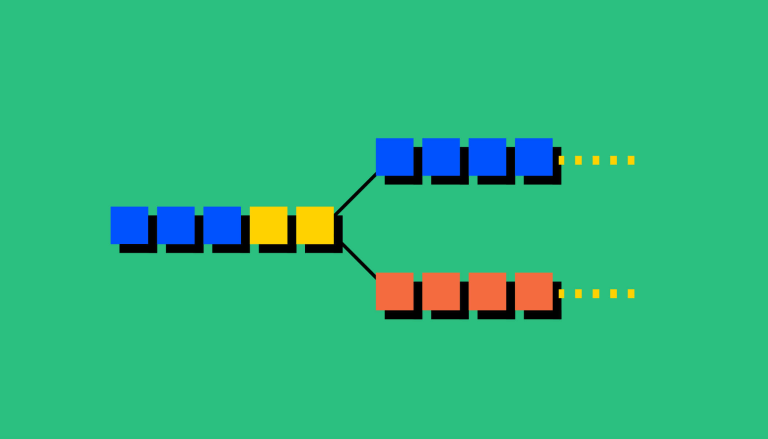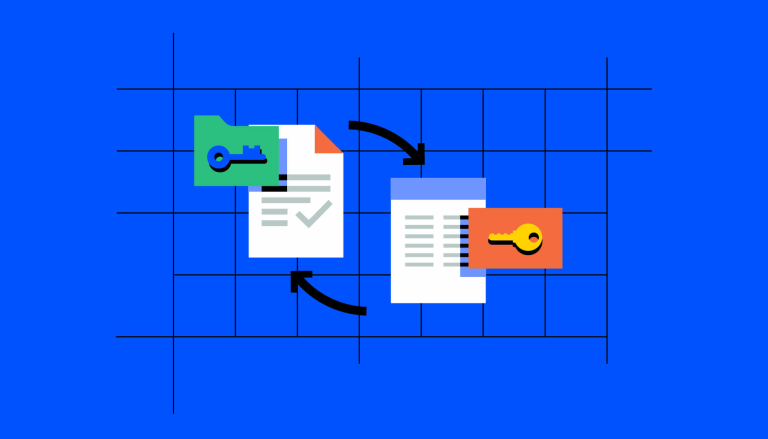What is the difference between Optimistic Rollups and ZK-Rollups?

Optimistic Rollups and ZK-Rollups are both Layer 2 scaling solutions for Ethereum, with the intention of increasing transaction throughput and reducing costs.
Optimistic Rollups operate on the assumption that all transactions are valid unless proven otherwise, while ZK-Rollups assume all transactions are false until proven valid.
Both have their own advantages and disadvantages, with Optimistic Rollups having the potential for quicker transaction processing and ZK-Rollups having the potential for enhanced privacy and security.
What are Rollups?
Rollups are Layer 2 scaling solutions that process transactions off-chain and then bundle the transaction data into batches to submit them on the corresponding Layer 1 blockchain. This reduces congestion and computation load on the main blockchain, thereby increasing transaction throughput. The two main types of rollups are Optimistic Rollups and Zero-Knowledge Rollups.
What are Optimistic Rollups?
Optimistic Rollups operate on an 'optimistic' approach to executing off-chain transactions. This means they assume all Layer 2 transactions are valid unless challenged and proven wrong by an honest network validator. They use a 'fraud-proof' mechanism to detect invalid transactions. If a fraud-proof is valid, it nullifies the faulty transaction and re-executes it to update the rollup’s state. However, if the optimistic rollup batch is unchallenged during the dispute period, the transaction data are successfully added to the Ethereum main chain.
What are Zero-Knowledge Rollups?
Zero-Knowledge Rollups, or ZK-Rollups, are rollups where validators prove a transaction’s authenticity without revealing any transaction details. Unlike optimistic rollups, ZK-Rollups assume all transactions are false until proven valid through Zero-Knowledge Proofs (ZKPs). They rely on 'validity proofs' to determine if a transaction is true or not. ZK rollup nodes have to provide validity proofs for all transactions to ensure that the transaction data on the Ethereum chain is valid.
Comparing Optimistic Rollups and ZK-Rollups
Both Optimistic Rollups and ZK-Rollups have their own benefits and drawbacks. Optimistic Rollups have the potential for quicker transaction processing due to their optimistic assumption of transaction validity. However, they have a dispute period that can delay transaction finality. On the other hand, ZK-Rollups have the potential for enhanced privacy and security through the use of Zero-Knowledge Proofs, but they are more complex and could potentially not be a fit for all use cases.
Use Cases for Optimistic Rollups and ZK-Rollups
The choice between Optimistic Rollups and ZK-Rollups depends on the specific use case. Optimistic Rollups could potentially be a better fit for applications that require quick transaction processing and can tolerate a delay in transaction finality. On the other hand, ZK-Rollups could potentially be a better fit for applications that prioritize privacy and security, and are capable of managing the intricacies of Zero-Knowledge Proofs.


